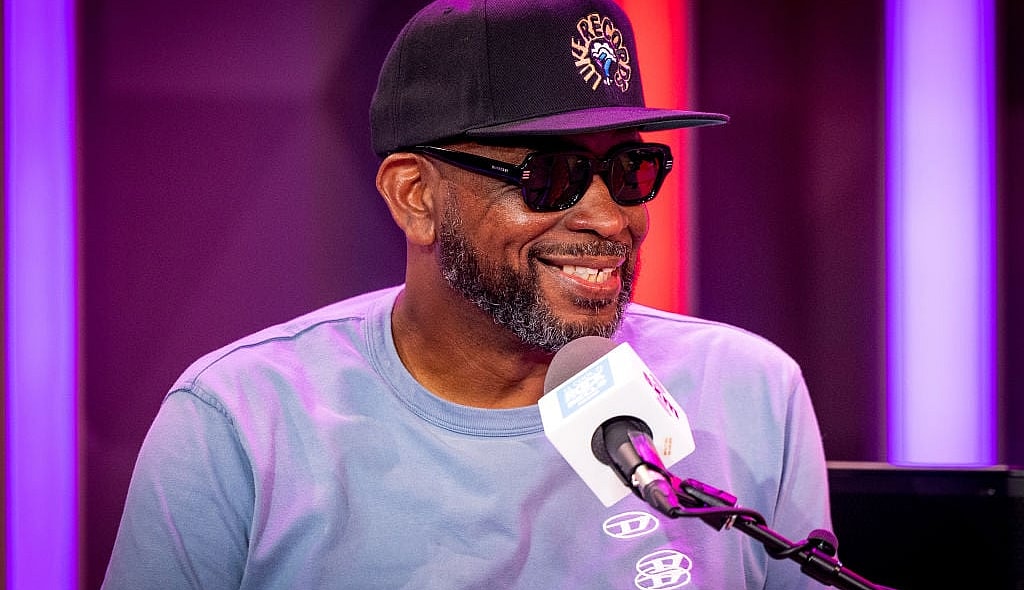A Florida bill that seeks to strip away a level of police accountability has passed in both legislative chambers and is headed to the governor’s desk for consideration.
HB 601 would restrict the power of civilian police oversight boards, a crucial tool for Black people in assessing fair treatment by police. The boards are third-party agencies made up of everyday residents and community leaders. They investigate claims of police misconduct, review department policies and recommend changes. For Black neighborhoods that struggle with police misconduct, they’re an important accountability mechanism.
The Florida legislature recently approved the bill, and it awaits a signature from Gov. Ron DeSantis. Specifically, the bill would prohibit “a political subdivision from adopting or attempting to enforce certain ordinances relating to the receipt, processing, or investigation of complaints against law enforcement officers or correctional officers, or relating to civilian oversight of law enforcement agency investigations of complaints of misconduct by such officers.”

The Florida bill would ban the outside investigations of police officers and it states that only the internal affairs department of the law enforcement agency must review allegations of misconduct. It also states that the external groups are not allowed to participate in “the receipt, processing, or investigation … of complaints of misconduct by law enforcement or correctional officers.”
“It is a very real thing that our communities have historically had mistrust,” Democratic state Rep. Kevin Chambliss told WFSU. “And these boards create a transparency that is needed now, I think, more than ever.”
According to a University of Chicago report, there are more than 200 civilian oversight boards in America. Many started in major cities in 2014, in the wake of Michael Brown’s death. After George Floyd’s murder in 2020, more cities created such groups in an attempt to hold their departments accountable.
Florida alone has 21, in cities such as Orlando, Miami, Tallahassee and West Palm Beach. While they can make recommendations, they have no legal power and cannot force agencies to fire someone or force an officer to go to court.
Recommended Stories
“Whoever offered this bill wants people to forget what happened to George Floyd,” Caila Coleman, who served on the Orlando board from 2016 to 2021 told the Orlando Sentinel. “Now you are trying to get rid of the transparency of the police department. That does nothing but cause mistrust with citizens. What are you trying to hide?”
A 2022 study from Florida State University found that many of the cities with oversight boards saw a decrease in Black arrests and that the groups helped build trust between the police and the community. In 2021, the Department of Justice released a report analyzing the evolution and growth of civilian oversight and confirmed their importance in the policing landscape.
The report stated that “by acting as an independent and neutral body reviewing the work of the law enforcement agency and its sworn staff, civilian oversight of law enforcement offers a unique element of legitimacy that internal accountability and review mechanisms simply cannot.”
Never miss a beat: Get our daily stories straight to your inbox with theGrio’s newsletter.








